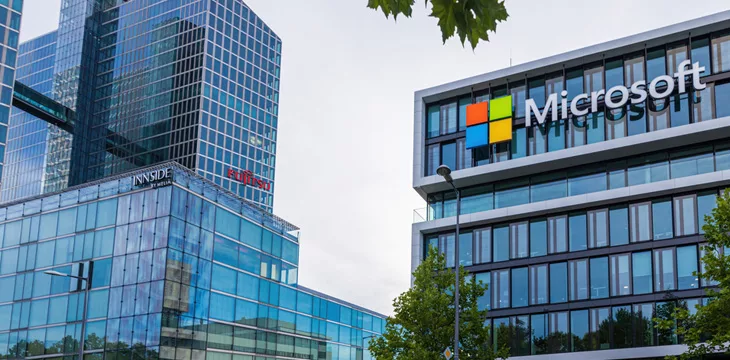|
Getting your Trinity Audio player ready...
|
As the generative artificial intelligence (AI) race heats up, Microsoft (NASDAQ: MSFT) has gone on a hiring spree of emerging technology experts in recent weeks.
Microsoft has hired Mustafa Suleyman to spearhead its consumer AI arm as the technology company plants its heels for the next big AI rollout for consumers. Suleyman previously served as co-founder of Google DeepMind (NASDAQ: GOOGL) and is expected to inject a new lease of life into Microsoft’s AI ambitions.
Suleyman’s role in Microsoft will see him oversee the formal integration of AI Copilot into Windows, conversational elements in Bing, and a potential foray into the hardware space.
Suleyman is expected to convert Microsoft’s big AI ideas into commercial products without cutting back on safety standards.
“We want to make sure that this next wave is one that, for the consumer, Microsoft can really, really create incredible products,” said Suleyman.
Suleyman founded startup Inflection AI and has previously raised $1.3 billion in funding, valuing the two-year-old firm at over $4 billion.
Once a major competitor to OpenAI in the chatbot space, Inflection AI sees a big part of the team join Suleyman at Microsoft, including the startup co-founder Karen Simonyan, who is now chief scientist of Microsoft’s consumer AI unit, ending the rivalry with OpenAI.
“We congratulate Mustafa and Karen on their new roles and look forward to working with them,” said OpenAI in a statement.
Microsoft is keen to extend the distance between them and other AI developers, with
Google and Meta (NASDAQ: META) launching new and improved large language models (LLMs). With Google’s Gemini gathering steam and a potential partnership with Apple (NASDAQ: AAPL) in the offing, Microsoft is bracing for stiff competition in the coming months.
Weaning off OpenAI
Despite its sizable investment in OpenAI, Microsoft’s latest hiring spree is seen as an attempt to bolster its AI unit outside of the ChatGPT maker.
Microsoft has several reasons to pursue its in-house AI initiatives, including the recent
investigations by the United States Department of Justice (DOJ) and the Federal Trade Commission (FTC) bordering antitrust concerns.
Authorities have expressed concerns that Microsoft’s investment in OpenAI may violate existing antitrust rules, with European Union regulators flagging down the partnership under its merger rules.
In order for artificial intelligence (AI) to work right within the law and thrive in the face of growing challenges, it needs to integrate an enterprise blockchain system that ensures data input quality and ownership—allowing it to keep data safe while also guaranteeing the immutability of data. Check out CoinGeek’s coverage on this emerging tech to learn more why Enterprise blockchain will be the backbone of AI.
Watch: Blockchain & AI—there should be confluence between these tech

 03-01-2026
03-01-2026 




